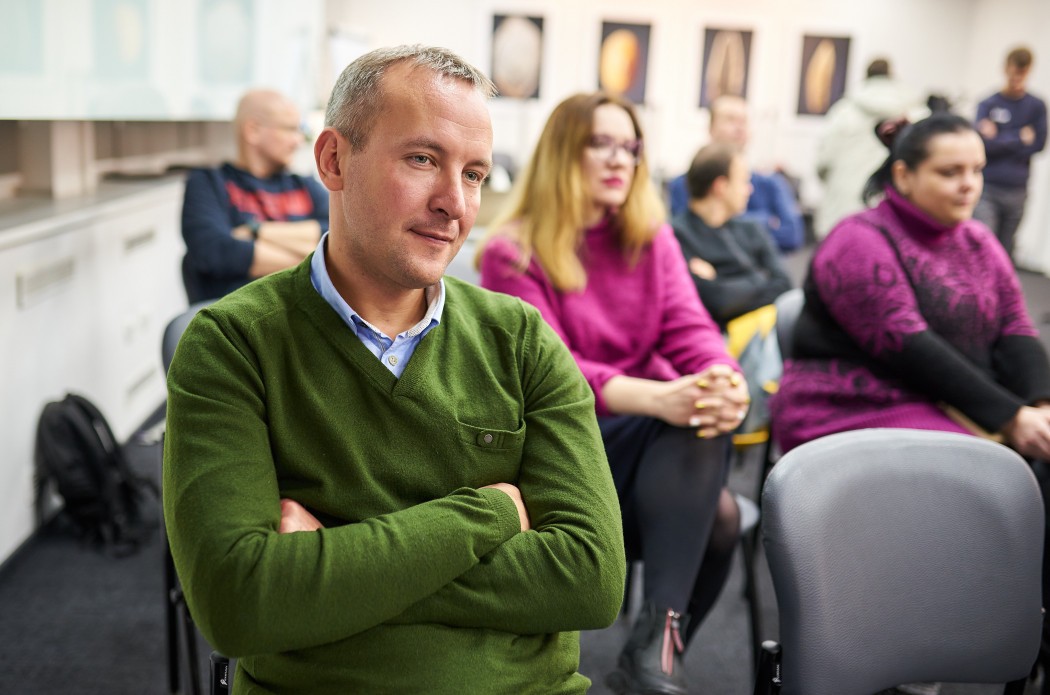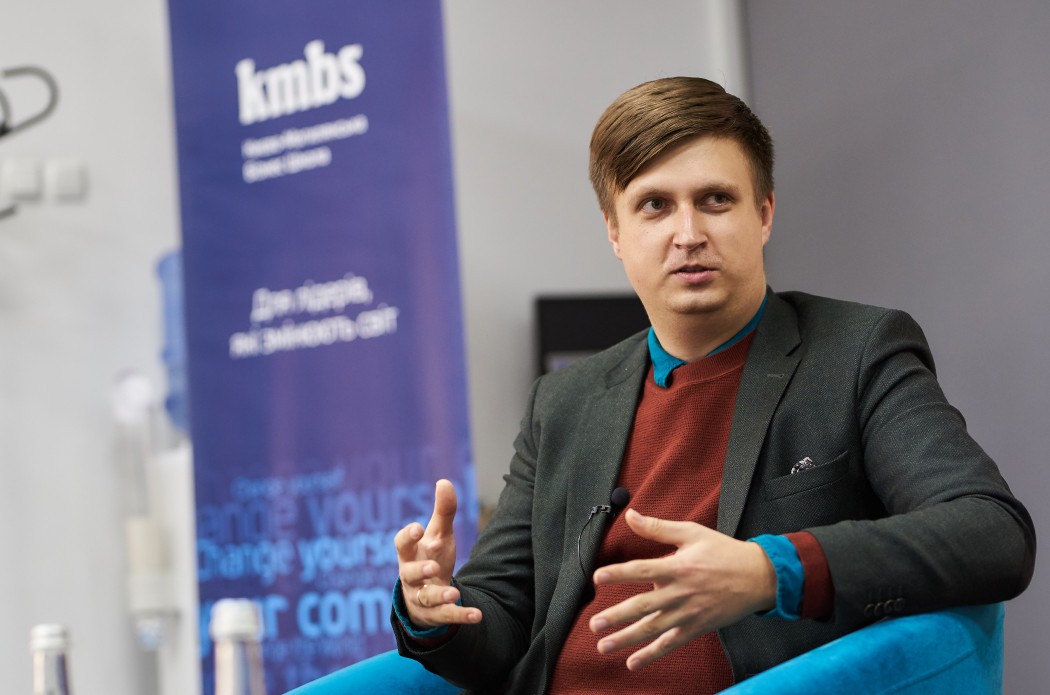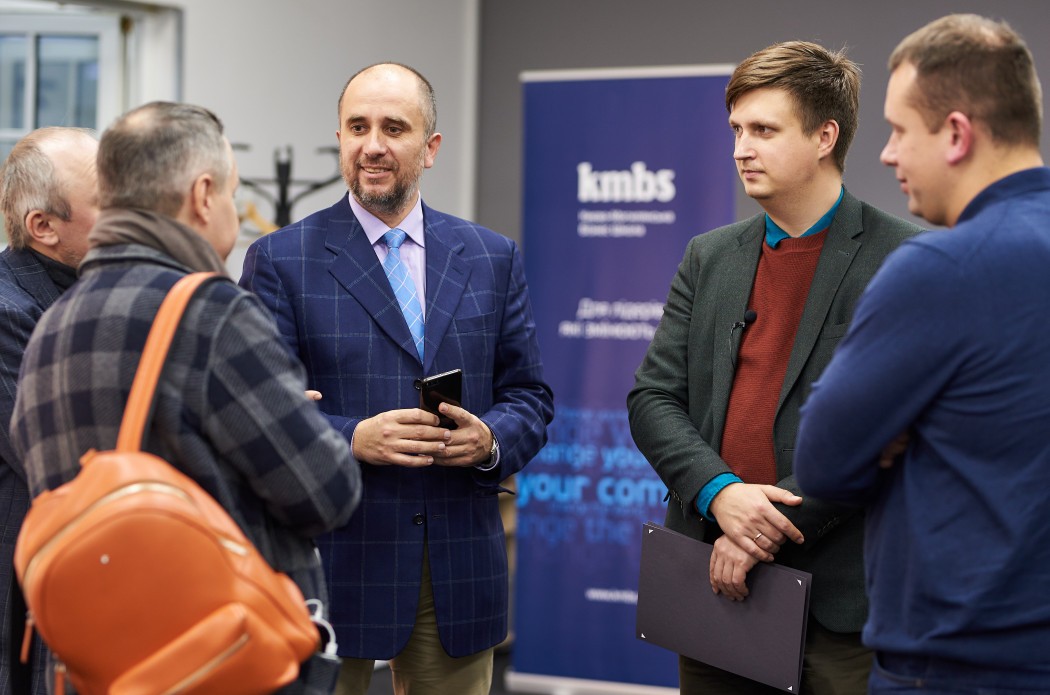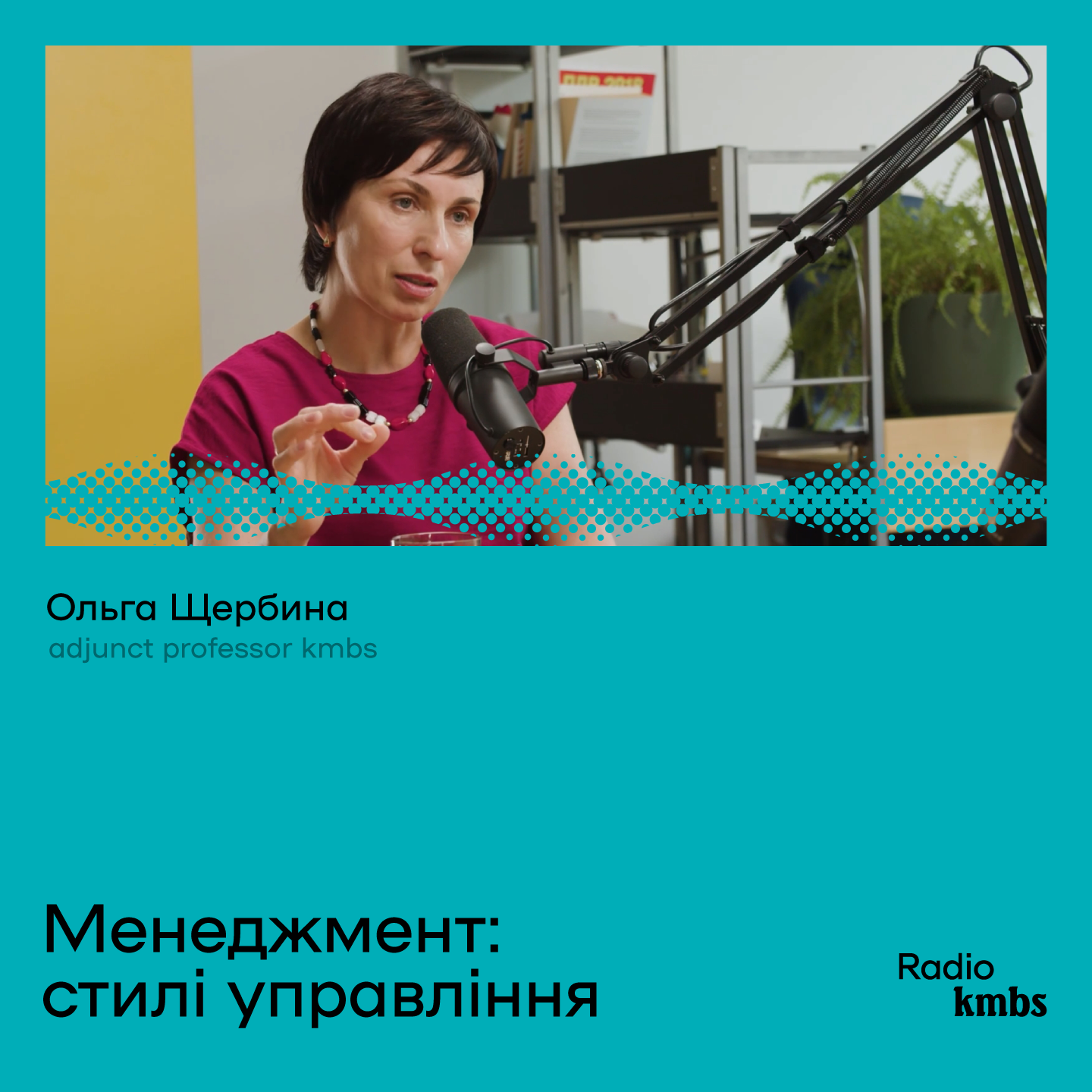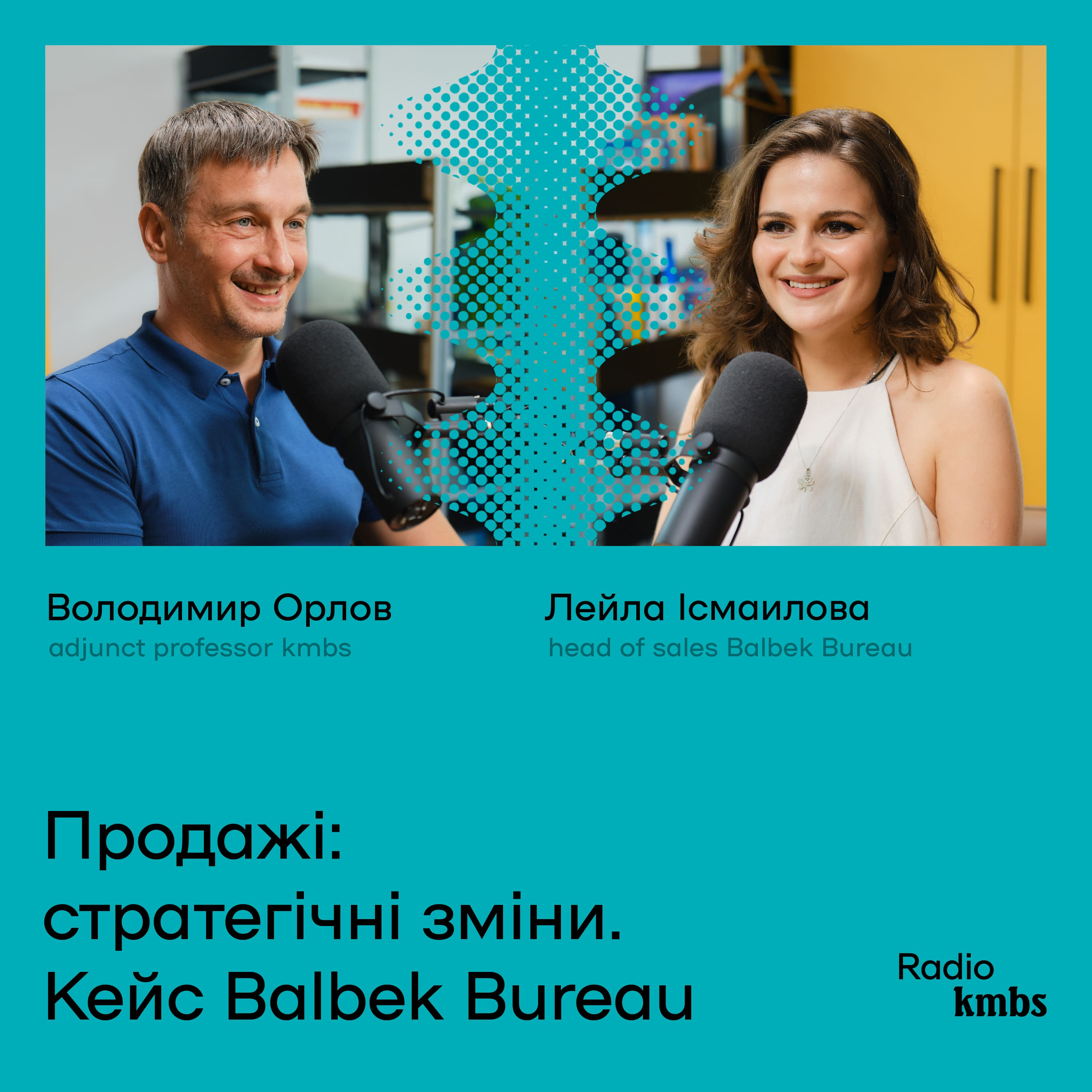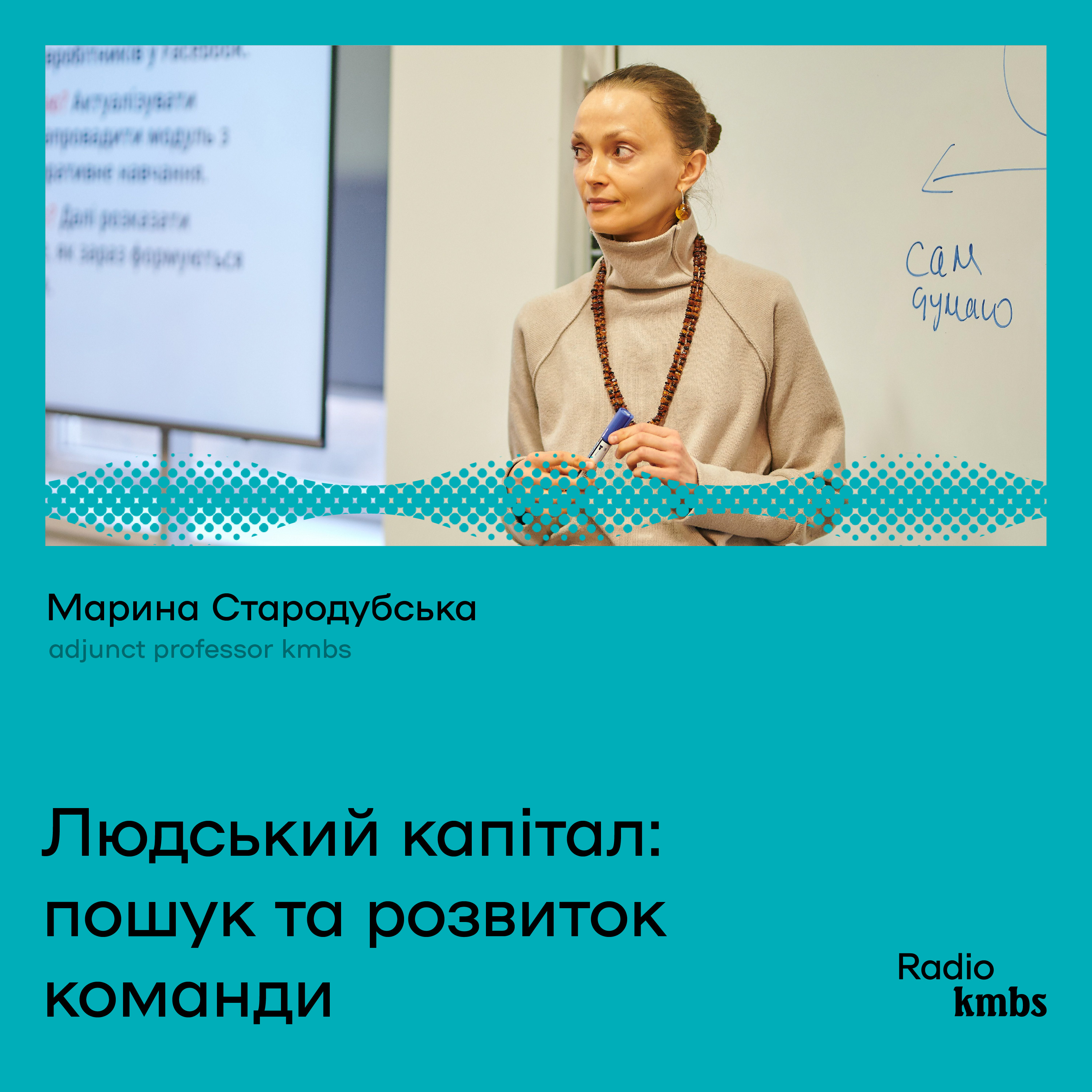Oleksiy Dorogan, Executive Director of the BRDO Office for Effective Regulation, started the conversation about the relationship between business and the state.
It is obvious that the conditions for business development must be provided. The command-and-control economy, with its detailed rigid numerical levels of procedures set out in legislation rather than company policies, is not conducive to this development. But you can not just take and repeal the law, the power of simplified regulation of non-overflow will be the businessmen themselves. An organization with a monopoly on coercion (we once agreed that we need this) works for business in the same way. And here there are public consultations on the implementation of legislation because lawyers do not know the real problems of business. In the first years of the Office's work, the lion's share of business inquiries received the same answer: "Leave us alone", but when the first results appeared, such as canceling unnecessary procedures, businesses began to trust and take the initiative (so we learn to negotiate now).
Better Regulation Delivery Office (BRDO) is an independent think tank. The center is funded by international donors, primarily the European Union. BRDO Office has saved over UAH 25 billion in Ukrainian small and medium-sized businesses through initiatives implemented in 2015-2020. Oleksiy Dorohan: “When the Minister of Economy changes every ten months, it is possible to talk about long-term or medium-term economic policy, but it will be a difficult conversation. Then came the idea of creating a national think tank that would work with the government on reforms. Sixty people are working to make business better in the country: we forecast the economic effect and the state effect. " The product of expert think tanks is policy making.
The discussion on the activities of the think tank, which aims to develop and implement tools for effective government regulation, was expertly designed by Daria Kutsenko - donor coordinator, advisor to the chairman on a voluntary basis in the State Fiscal Service of Ukraine, EMBA member.
Such a conversation had to be about reforms, and that's what happened. Daria Kutsenko rightly noted that according to the results of the poll we see again and again: there is a demand for reforms, there are processes, but citizens not only do not support them, but in most cases oppose them.
To clarify whether there is a broken link in the chain from the initiation of reforms to their perception by the population, Oleksiy Dorogan dwelled on the case of creating a Unified State Electronic System in the field of construction. A single electronic system will implement the full life cycle: from obtaining urban planning conditions to commissioning. Digitalization of administrative services in construction and openness and streamlining of processes will not only improve the quality of services (and thus increase the attractiveness of the industry for investment), digitalization will have a strong anti-corruption effect. The online platform will eliminate corruption risks due to the publicity of information. It is hopeless to expect from the government what the government does not produce, but it is reasonable to show how directly - at the level of "supply and demand" - politicians affect every life. Put into operation a house without loans through "Action"; this is the visible result.
"Reforms," we quote Oleksiy Dorohan, "are not a hundred-meter race, but a marathon, or more precisely: a guerrilla war."





